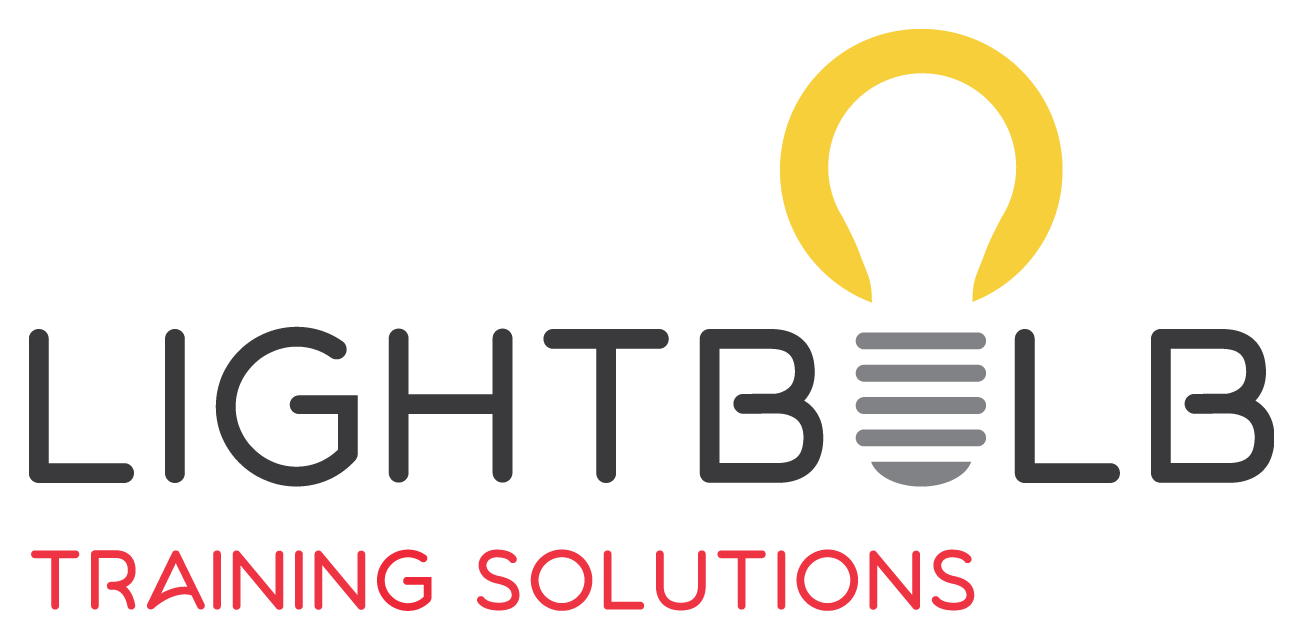Introverts as customer service staff - yes or no?
Did you know that some staff find it more tiring than other staff to spend their days communicate face to face and/or over the phone with customers? One reason for this energy drop is that some staff may be introverts.
Introverts ‘batteries’ run low through spending time around other people - they recharge by being alone with their thoughts. They recharge through quiet time.
Extroverts ‘batteries’ run low from being alone - they stay charged by being with others. Their batteries run low if they are left alone for too long.
With just that small amount of information, you’re probably thinking that introverts aren’t a great choice for a role that requires them to be around people all day - which is what is expected of customer facing staff.
Think again - I’m an introvert.
I run a business that is dedicated to communicating with people, lots of people and most of this communication is in a face to face situation. I love my business but yes, I am an introvert; a high level introvert.
If you’re an extrovert, us introverts can be a confusing lot. One minute we are chatting away and the next we are silent. You may find us hard to approach and possibly consider us rude or anti-social. In the past, those terms have been applied to me and not just in workplaces - in sporting teams and friendship groups.
In the past I had no idea why sometimes I ached to be alone, why I wanted a break when others were just warming up. I thought I must be the odd one; I was wrong.
I no longer worry about and rarely get those negative labels because I have a secret; I know the power and limitations of being an introvert and I know how to manage my energy.
For an introvert to thrive in an extroverted work enrivonment, it’s not about can or cannot do; it’s about self awareness and energy strategies. It’s knowing yourself so well that you no longer feel anything other than in control of your energy.
So how can you help your introverted frontliners remain energised all day? Get to know them.
Watch - See what your frontline do on their breaks. Do they seek solice or do they happily engage with co-workers? Are they going outside for a walk or are they sitting in groups for a talk? Do they get excited about after work social events or screw up their faces and avoid eye contact with those inviting them to attend? Do they seek tasks they can do alone or do they ask to be part of team tasks?
Listen - Are they saying “I need some time to think about this” or “please turn down the music/noise”. Do they need encouragement to share their ideas or engage in team meetings?
Ask - If watching and listening doesn’t provide enough evidence, then share this blog with your customer facing staff and ask them to share their thoughts. Make it OK for introverts to own their power; their ability to provide excellent service to introverted customers.
Once you know you have introverts in your team it’s time to open up a conversation that acknowledges their challenges and then encourage mini-breaks. As little as 1 minute an hour can make a big difference to an introvert in an extroverted workplace ie: mindfulness, breathing exercises, short walks etc.
It’s not better to be introverted or extroverted as both can be excellent in a people facing role. It’s simply about self awareness and energy strategies.
With a few simple strategies and support from you, introverts can thrive in their people focused role and leave at the end of a people filled day, with energy for life outside of work.
By Cate Schreck - Director of LTS and Author of "The A-Z of Service Excellence".

